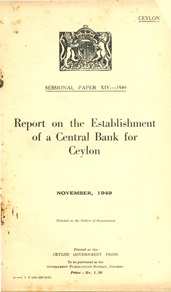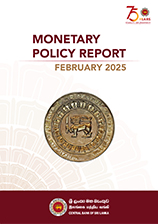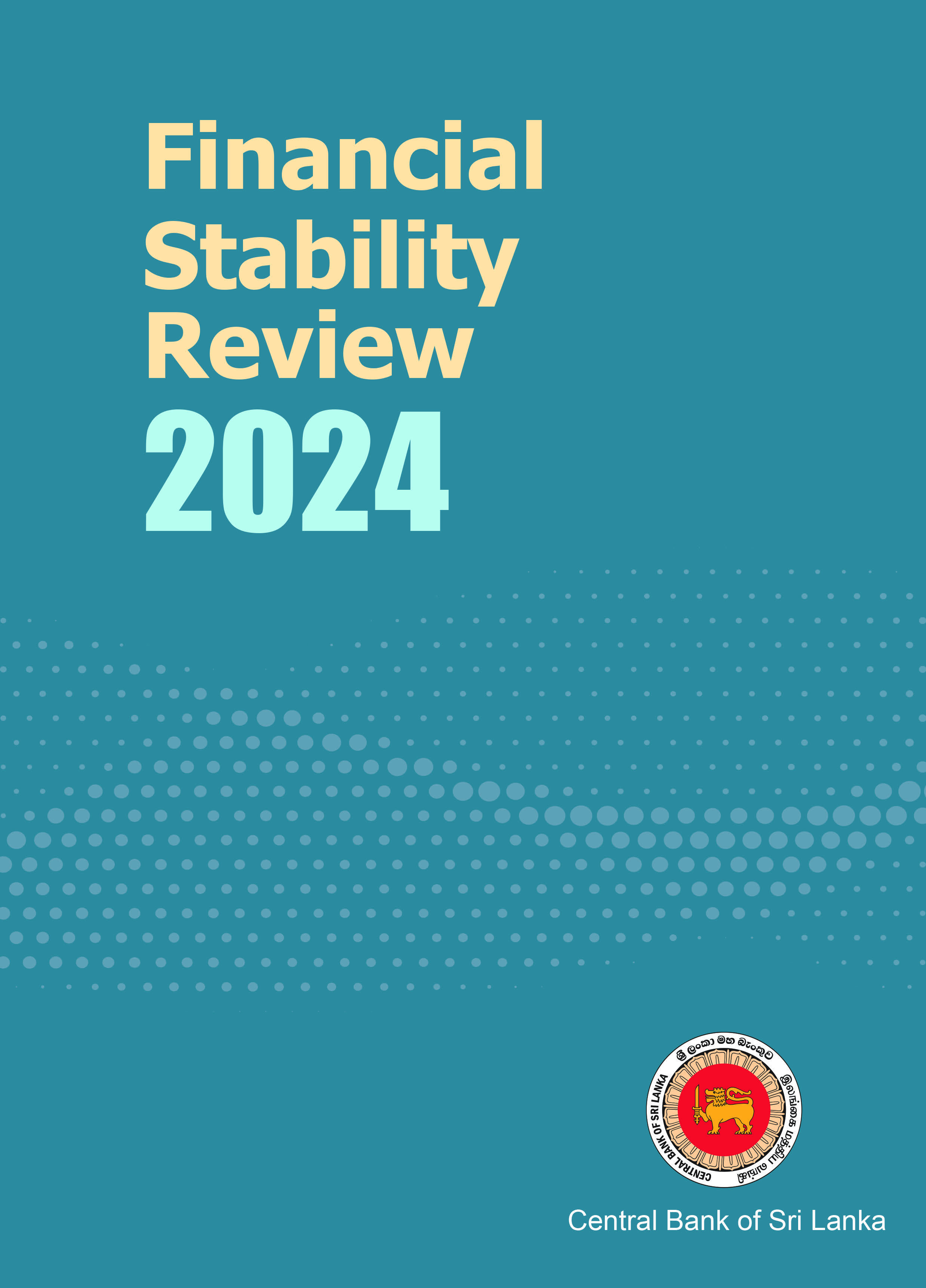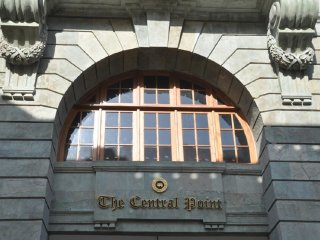The Central Bank of Sri Lanka (CBSL) issued a new series of circulation coins with face value of Rs.10, Rs.5, Rs.2 and Re.1 with objectives of reducing the cost of coins minting, increasing the durability of coins, giving more portability and identifying easily by visually impaired people. The first coins pack was officially presented to the Hon. Prime Minister and Minister of Finance and Economic Affairs, Mahinda Rajapakse by Dr. Indrajit Coomaraswamy, Governor of CBSL on 27 November 2018.
The coins will be issued into circulation from 03 December 2018 through licensed commercial banks. These new coins are circulated along with the existing coins of the same denominations issued earlier.










